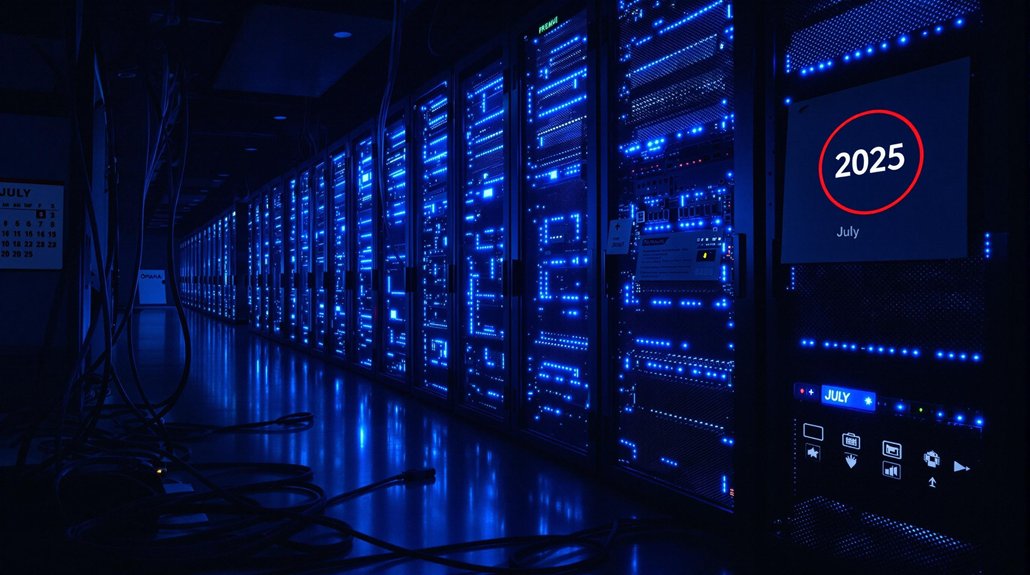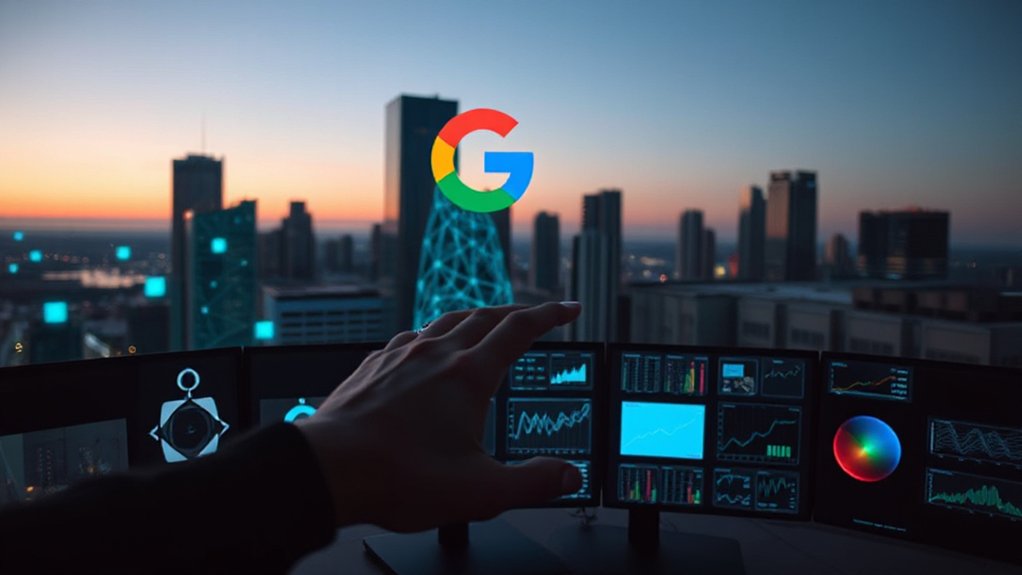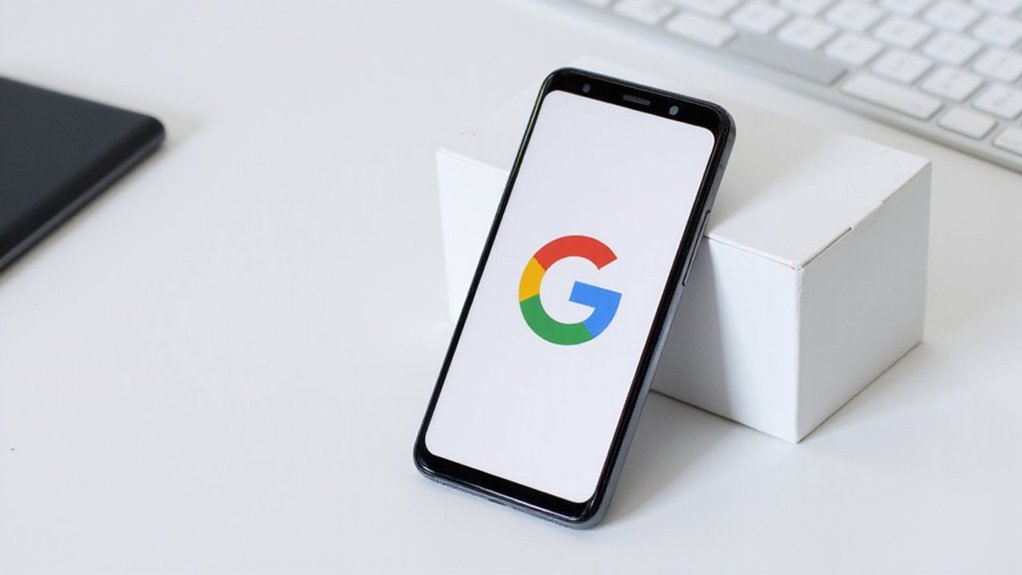OpenAI has announced a major change for developers. The company will shut down access to its most expensive model, GPT-4.5, by July 2025. Developers must switch to GPT-4.1, which costs less and reportedly performs just as well. This decision aims to reduce operating costs, but it’s causing concern in the developer community. Many wonder how this shift will affect their applications and whether similar changes might happen with shorter notice in the future.
OpenAI has announced it will cut off developer access to its powerful GPT-4.5 model through its API starting July 14, 2025. The company shared this news on April 14, giving developers a three-month window to shift to other solutions. While paying ChatGPT customers can still use GPT-4.5, developers won’t be able to build applications with it after the cutoff date.
The decision comes as OpenAI pushes developers toward its newly launched GPT-4.1 model. The company claims this newer version performs alike or even better than GPT-4.5 in key areas but at a lower cost. This move reflects OpenAI’s strategy to focus resources on developing future AI models rather than maintaining expensive older ones.
GPT-4.5 has been one of OpenAI’s most expensive AI models to run. It costs $75 per million input tokens and $150 per million output tokens, making it much costlier than other options. The model’s advanced training and computing requirements contribute to these high costs. GPT-4.5, originally code-named Orion, was released with significant fanfare in late February 2025. OpenAI had hinted at this possibility in February 2025, when it mentioned reviewing GPT-4.5’s long-term availability.
Despite its advanced capabilities, GPT-4.5 didn’t meet all industry benchmarks for “frontier-level” performance. Developers had come to rely on it for complex tasks like script analysis and research, appreciating its writing quality and persuasive abilities. However, OpenAI determined its efficiency didn’t justify the operational costs. The community has expressed mixed feelings about the deprecation, balancing concerns over lost capabilities against recognition of the model’s high computational demands. This transition aligns with industry trends, as small language models are increasingly achieving comparable results with significantly reduced memory requirements.
Many developers aren’t happy about the change. They’ve expressed concerns about the short shift period and potential disruptions to projects that depend heavily on GPT-4.5. Some users have complained about unexpected limitations in the replacement GPT-4.1 model and slow responses from OpenAI’s support team.
OpenAI has provided resources to help with the shift, but developers continue to request more transparency about model limitations and policy changes. The company maintains that GPT-4.1 offers a more sustainable path forward while delivering comparable performance for most applications.









